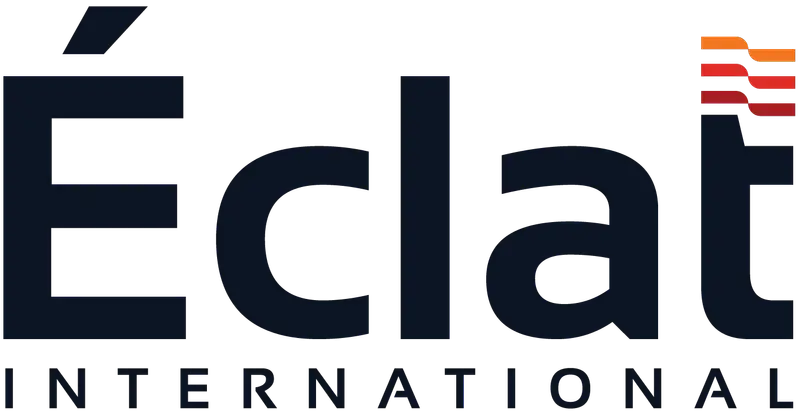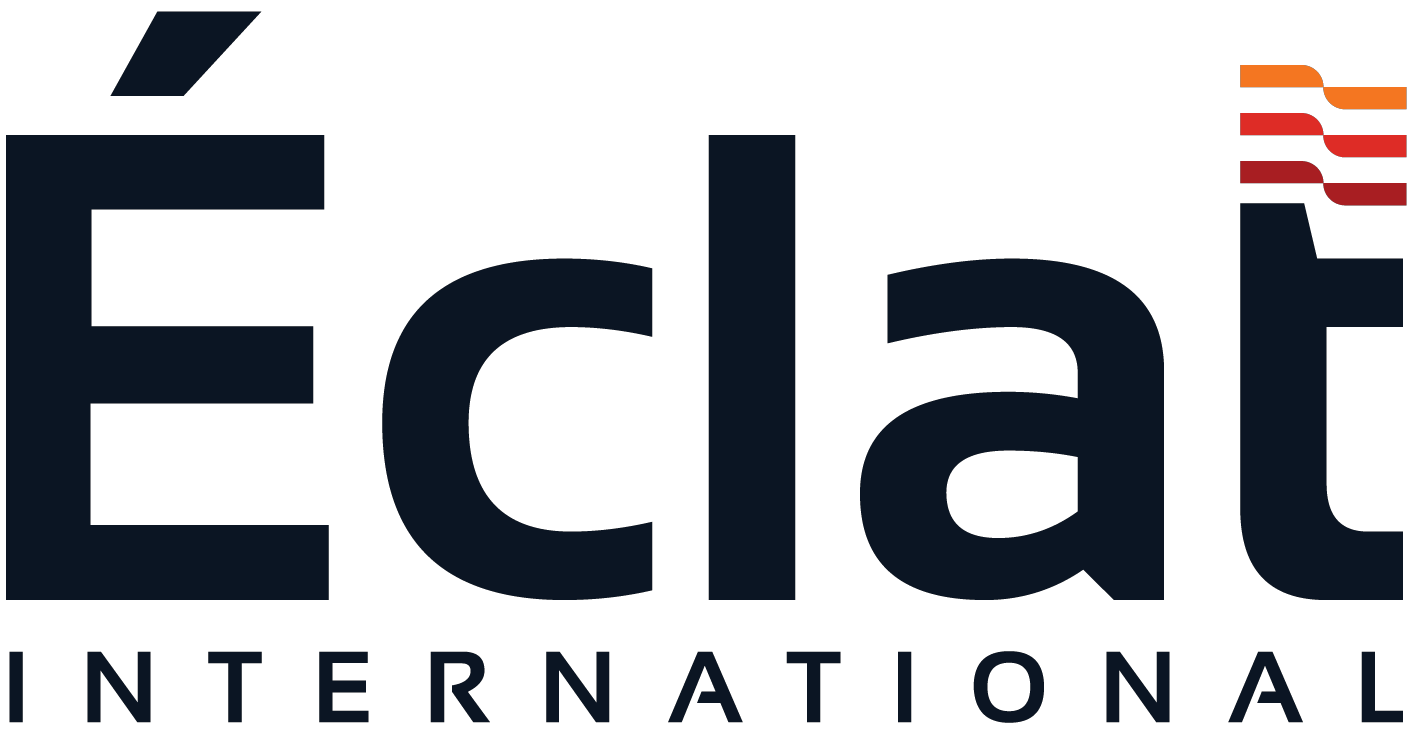How To Excel CMA Preparation While Working Full Time?
Embarking on the CMA Exam journey while immersed in a full-time career demands a strategic approach. Here are 10 actionable strategies, prerequisites, structure, and the strategic approach tailored to help you seamlessly integrate CMA exam preparation into your professional life, ensuring success in both arenas.
What is it like pursuing a CMA course?
Embarking on the CMA journey is a significant endeavour, equipping financial professionals with advanced expertise in business analytics and strategic financial management. Let’s delve into the intricacies of the CMA course.
Recommended Study Hours:
To conquer the CMA exam, dedicating a minimum of 90 hours to study is essential. However, to enhance your chances of success, aiming for around 300 hours is advisable. Spreading this study schedule over six to nine months ensures a thorough grasp of the material. The best CMA review courses play a pivotal role in covering and reviewing all exam content comprehensively.
CMA Exam Prerequisites
The journey towards obtaining your CMA certificate commences with earning a bachelor’s degree. Notably, the CMA requirements are flexible, accepting any bachelor’s degree, regardless of the field. This inclusivity allows individuals with diverse academic backgrounds, even those with degrees in Philosophy, to qualify for the CMA exam. While this flexibility opens doors, it also poses challenges, as candidates may not have prior familiarity with study materials.
Experience Requirement:
Candidates must fulfil a two-year continuous experience requirement in a relevant field of management accounting. Despite this, the degree prerequisite contributes to the lower passing rates, requiring a strategic approach to bridge the knowledge gap. 10 strategies for a successful CMA course completion while working
1. Strategic Time Allocation:
Plan with Precision
Plan your study schedule meticulously, considering your strengths and weaknesses, ensuring an effective distribution of study time over several weeks.
2. Flexibility in Work Hours:
Negotiate a Balanced Approach
Engage in discussions with your employer about flexible work hours, highlighting the mutual benefits of your CMA pursuit to enhance overall proficiency.
3. Efficiency Hacks:
Boost Productivity
Implement organizational tools like planners and visual aids to enhance time management, fostering increased productivity in both work and study.
4. Pre-Exam Respite:
Secure Time for Final Preparation
Request a brief respite from work as the exam approaches, granting you the space to recharge mentally and devote focused attention to final exam preparations.
5. Distraction Mitigation:
Trim Unproductive Habits
Streamline your routine by minimizing distractions such as excessive TV, social media, and unnecessary social engagements to maximize study focus.
6. Resolute Focus:
Navigate Social Temptations
Remind yourself of the exam’s priority amidst social invitations, reaffirming your commitment to achieving success in the CMA journey.
7. Holistic Well-being:
Cultivate Health and Vitality
Prioritize a holistic approach to well-being, incorporating healthy eating, regular exercise, and ample rest to sustain your physical and mental stamina.
8. Accountability Dynamics:
Enlist a Support System
Establish an accountability partnership with a friend or colleague, creating a support system to stay on track and motivated during the challenging moments.
9. Optimal Work Environment:
Identify Your Productive Zone
Discover the environments that amplify your productivity, whether through specific locations or conducive background music, optimizing your overall performance.
CMA Exam Structure
The CMA exam comprises two parts, each presenting its unique set of challenges. Part One has a passing rate of 40%, while Part Two boasts a slightly higher passing rate of 50%. Both parts consist of 100 multiple-choice questions and an essay section. The essay section involves scenarios with 2-7 questions, requiring completion within a one-hour timeframe. The exam is computer-based, conducted at global Prometric centres
Exam Content
Part One:
Financial Planning, Performance, and Analytics
This section delves into crucial aspects such as external financial reporting decisions, planning, budgeting, forecasting, performance management, cost management, internal controls, and analytics. The comprehensive coverage demands strategic study planning, emphasizing the need for study planners and focused preparation.
Part Two:
Strategic Financial Management
Covering financial statement analysis, corporate finance, decision analysis, risk management, investment decisions, and professional ethics, Part Two demands a meticulous approach. Successfully navigating this content requires leveraging study planners and, importantly, selecting the right review course.
Strategic Study Approach
The sheer volume of information across both exam parts underscores the difficulty in achieving a passing score. To optimize study efforts, investing in a quality review course is paramount. This ensures focused attention on challenging areas, maximizing the efficiency of your preparation.
Embarking on the CMA course demands dedication, strategic planning, and the right tools. By understanding the intricacies of the exam and implementing a targeted study approach, you can navigate this professional milestone while excelling in your full-time career


